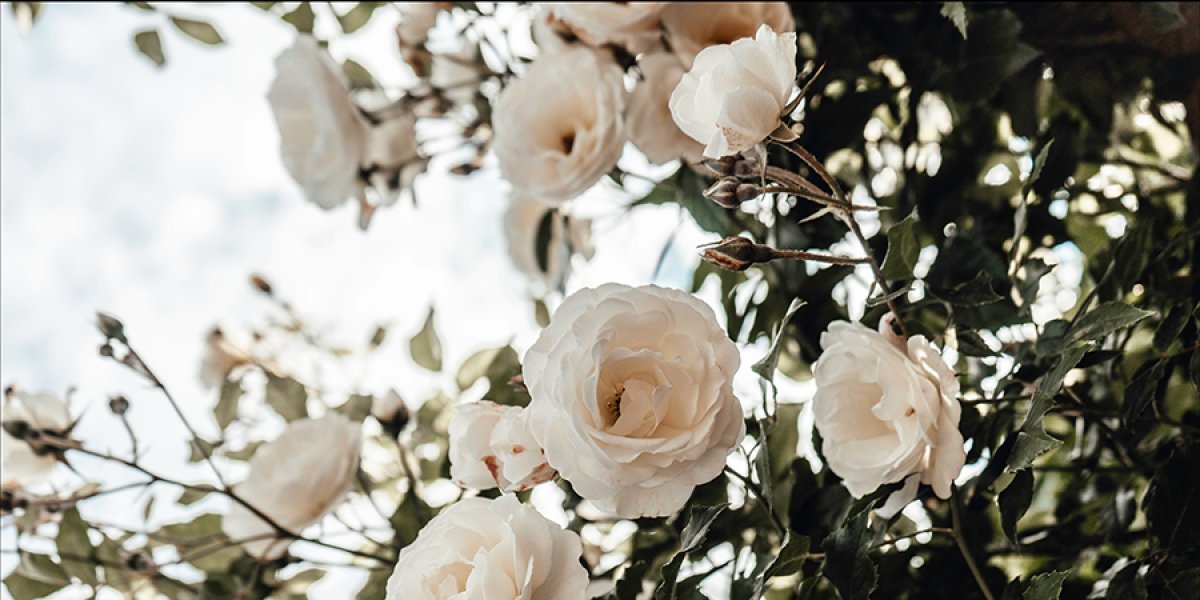Darlington - Along the Tees: Thornton Hall Gardens and Tees Cottage Pumping Station visit
Darlington - Along the Tees: Thornton Hall Gardens and Tees Cottage Pumping Station visit
We will visit Thornton Hall Gardens and Tees Cottage Pumping Station for our summer outing. We will meet at 10:00 for coffee at Thornton Hall (Staindrop Road, DL2 2NB: 3.5 miles north-west of Darlington). At 10:30 we will walk around the gardens. At 12:30 we will meet for a sandwich lunch before departing on a short 10-minute drive via medieval Ulnaby to the pumping station (Coniscliffe Road, Darlington, DL3 8TF). The tour there will be from 13:30 to 15:30. After that we will gather for tea before departing. Should you wish, you may only visit the gardens.
Thornton Hall, built around 1550, is one of the oldest buildings in the Borough of Darlington, one of only seven to be awarded a Grade 1 listing. Over the years the Hall has seen many changes, but perhaps the most significant was the introduction of the much-despised window tax in 1696 resulting in Sir Francis Bowes blocking up many of its windows. Although the Hall itself is not open to the public, in the gardens you will find many rare and unusual perennials, interspersed with interesting trees and imaginative shrubs including over 100 roses, clematis, delphiniums, peonies, hostas, heucheras and irises in a profusion of mixed curvaceous borders and island beds, secretive areas with quirky sculptures as well as a meadow and vegetable garden.
There is ample parking at Thornton Hall. There are no picnic facilities. Whilst there is access for wheelchairs, please be aware that the majority of the garden is on grass with some steep banks. The area outside the Bowes Tea Room is covered with gravel, and there are no dedicated disabled facilities.
Before 1849 Darlington relied for its water supply on rivers, streams, wells, and water tanks. Drought and disease were common. As a result of Government legislation compelling councils to supply clean water, a treatment plant was set up by The Darlington Gas and Water Company. A pumping station was built at Tees Cottage on Darlington’s western outskirts to extract water from the River Tees and filter it before feeding service reservoirs supplying the town. It was the first pumping station in the Tees Valley and supplied Darlington until the mid-1970s when it was replaced by modern plant on the opposite side of the road at Broken Scar.
As demand for water increased the site was modified many times during its life. It contains a 1902 beam engine supplied with steam from two Lancashire boilers; a 1914 gas engine which is the largest in the UK still in its original position and still pumping water, and a set of electric pumps installed in 1926. We therefore have the whole history of water treatment on one site and believe this makes us unique in the British Isles. The site is a scheduled monument with both the buildings and machinery scheduled.
The beam engine, boilers and gas engine are operated on public open days and articles are made for sale in the working blacksmith’s shop, whilst the manager’s cottage is now a tearoom serving a selection of appetising snacks. The electric pumps do not operate but are on static display. Friendly and knowledgeable volunteers are always available to welcome visitors and explain the workings of the site.
We will pay our own £10 entrance fees for the gardens – please remember to bring cash with you on the day. The charge payable in advance will be £20 to cover lunch at the gardens, and the pumping station including tea. For the gardens only, the charge will only be £10 for lunch.
Booking information
If you would like to attend this event please, complete to booking form provided below and send it to Susan Austin before 12 June.
Booking for this event is now closed.
